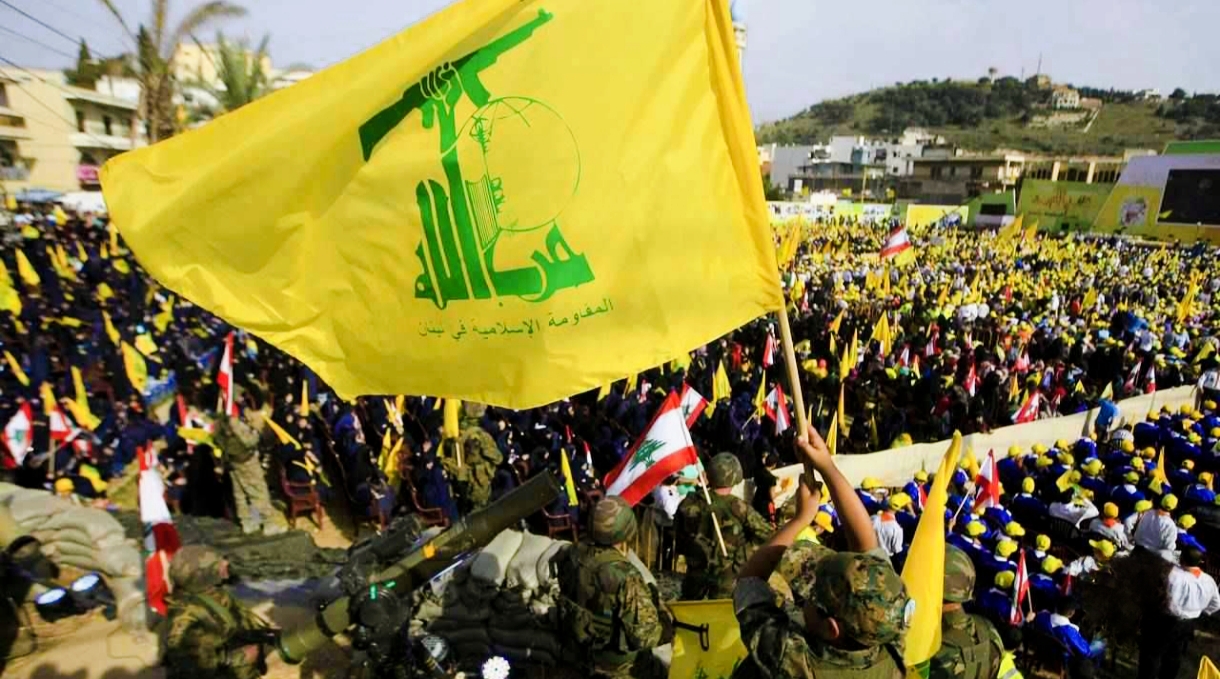Three days before the anticipated session of the Lebanese Cabinet, attention is turning to Baabda where the Commander of the Lebanese Army General Rudolf Haikal will present his ambitious plan to control weapons in the hands of the state.
Although the session is supposed to pass unanimously and without a vote, preparations are still surrounded by intense consultations and communications among various political parties.
It is expected that ministers from the Amal Movement and Hezbollah will attend the session, but they have expressed strong objections to discussing the details of the plan if it includes timelines for implementation.
In this context, sources from Hezbollah confirmed via the "Al-Manar" channel that if there is insistence on including timelines within the plan, the party will not cooperate even in the area south of the Litani.
In this regard, the party's sources issued an implicit threat to the Prime Minister Nawaf Salam , accusing him of "clinging to an approach that could lead to the country's ruin, despite advice from internal and external forces" to avoid such measures.
Retired Brigadier General Ziad Al-Hashem, former Deputy Chief of Staff for Planning, indicated in press statements that "the recent experience in the southern Litani sector showed a complete lack of cooperation from Hezbollah with the weapons control process," highlighting that the patrols of the Lebanese Army and UNIFIL discovered many hidden weapons depots and military facilities, pointing to the incident of an explosion in one of the ammunition depots during the dismantling of military infrastructure in the area, raising questions about why Hezbollah did not inform the army about the contents of the depot or its existence at all.
These political stances continue to create a state of tension and hesitation within Lebanese circles, placing the upcoming government session before significant challenges in an effort to impose an effective strategy for controlling weapons within the state.

